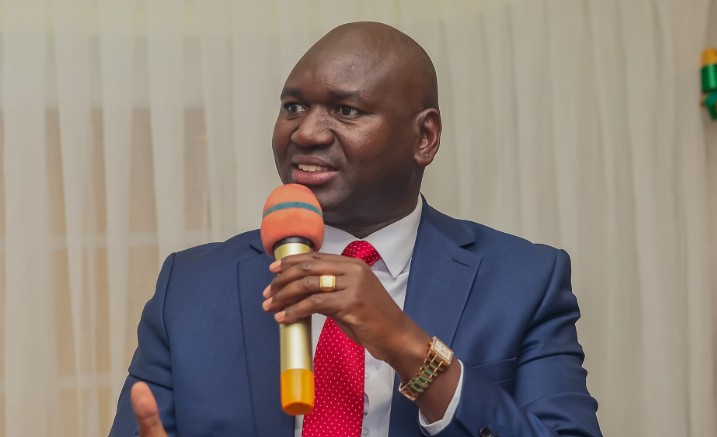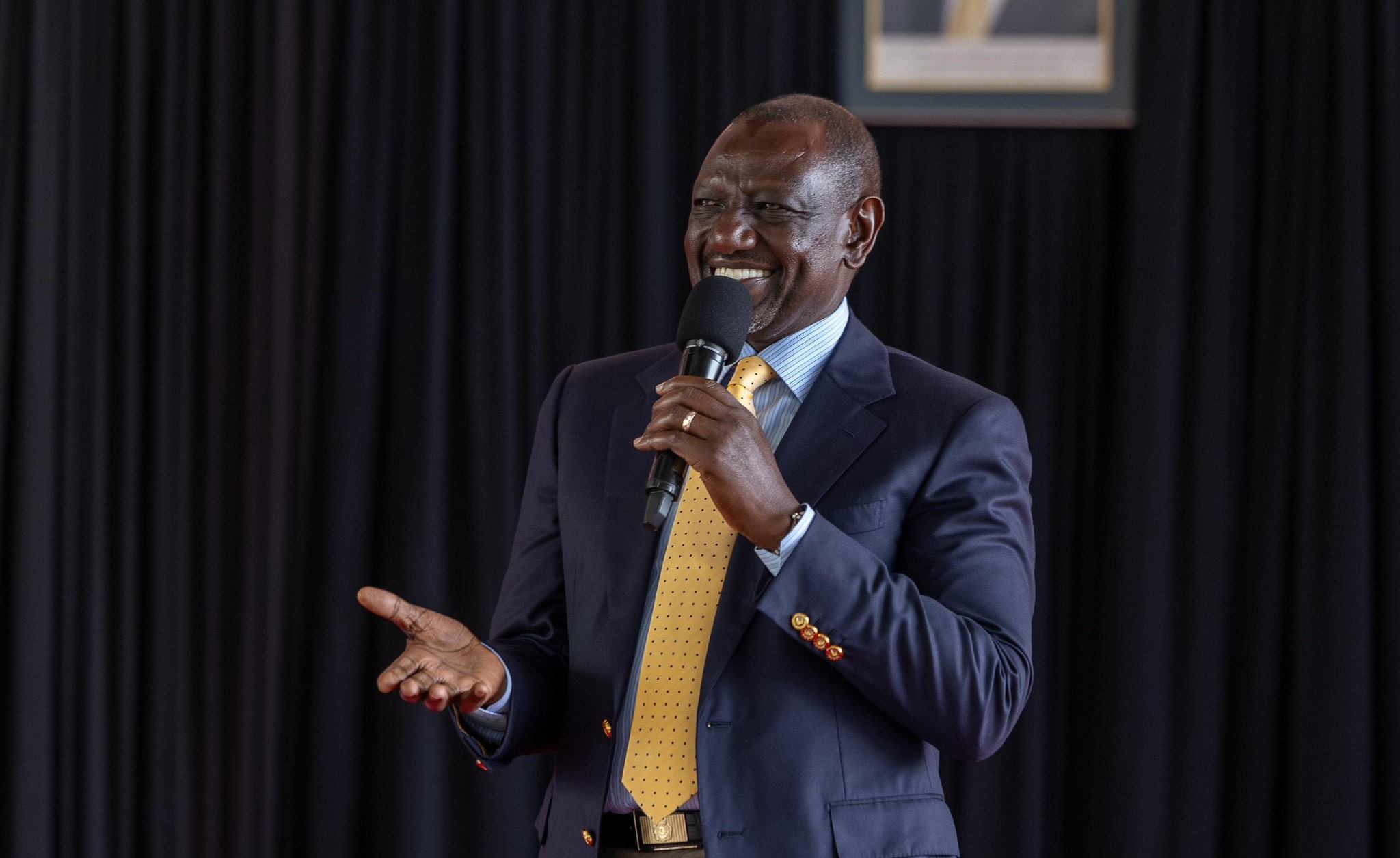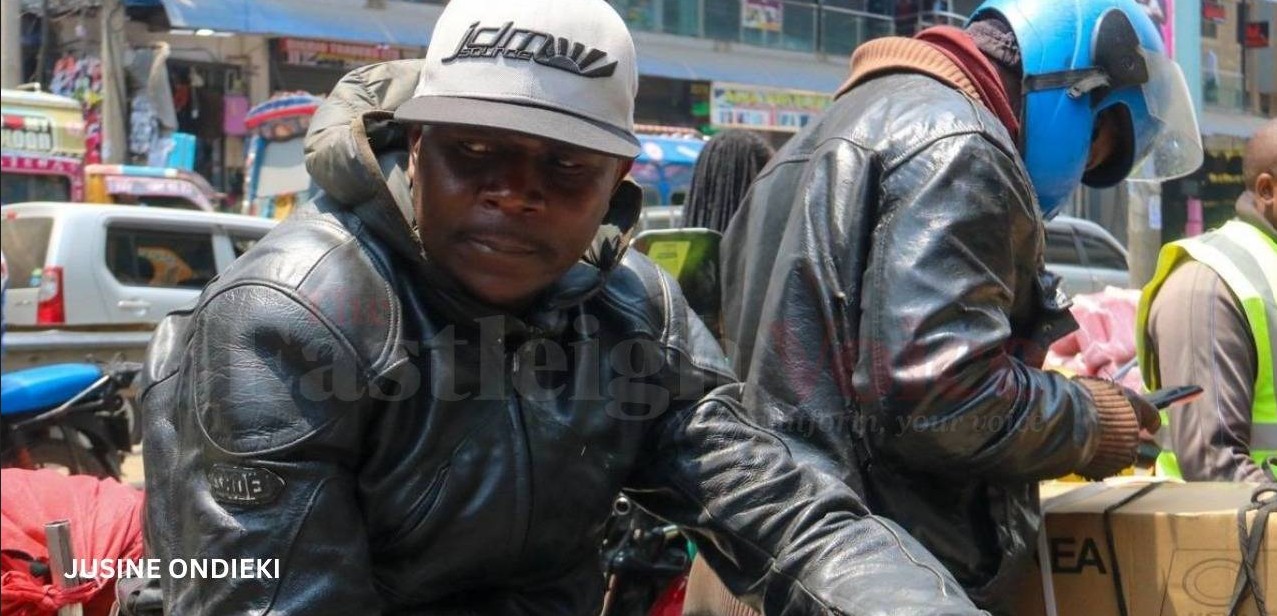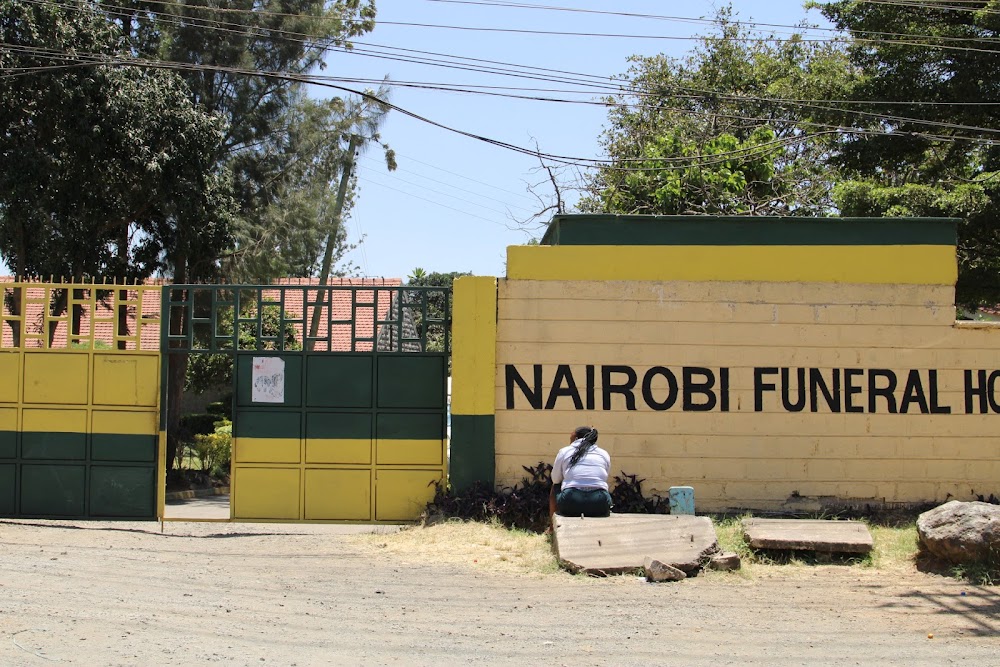CBK's Sh14.5 billion currency printing tender flawed - Auditor General

The tender, valued at Sh14.5 billion, was awarded to the German firm Giesecke+Devrient Currency Technologies through a 'classified' direct procurement method.
The Auditor General, Nancy Gathungu, has raised concerns about the Central Bank of Kenya's (CBK) procurement process for new currency printing services, deeming it flawed.
The tender, valued at Sh14.5 billion, was awarded to the German firm Giesecke+Devrient Currency Technologies through a 'classified' direct procurement method.
More To Read
Under this contract, the firm is tasked with printing a total of 2.04 billion currency notes, including 460 million Sh50 notes, 690 million Sh100 notes, 260 million Sh200 notes, 170 million Sh500 notes, and 460 million Sh1,000 notes.
The new currency series, which has already seen Sh1,000 notes in circulation, represents a total monetary value of Sh689 billion, reduced from the previous 2.35 billion notes in the 2019 series.
In a report submitted to Parliament, Gathungu pointed out that the CBK did not adhere to the proper legal procedures during the procurement process.
"The internal processes prior to the procurement were not followed in compliance with Regulation 84 of the Public Procurement and Asset Disposal Regulations, 2020," Gathungu said in the report.
This regulation mandates that a special committee be established to manage the procurement of classified items and assess suitable suppliers.
Monitoring
The Auditor General noted that the procurement process was supposed to be monitored by the director general of the Public Procurement Regulatory Authority, as outlined in Section 9(1)(d) of the Public Procurement and Asset Disposal Act.
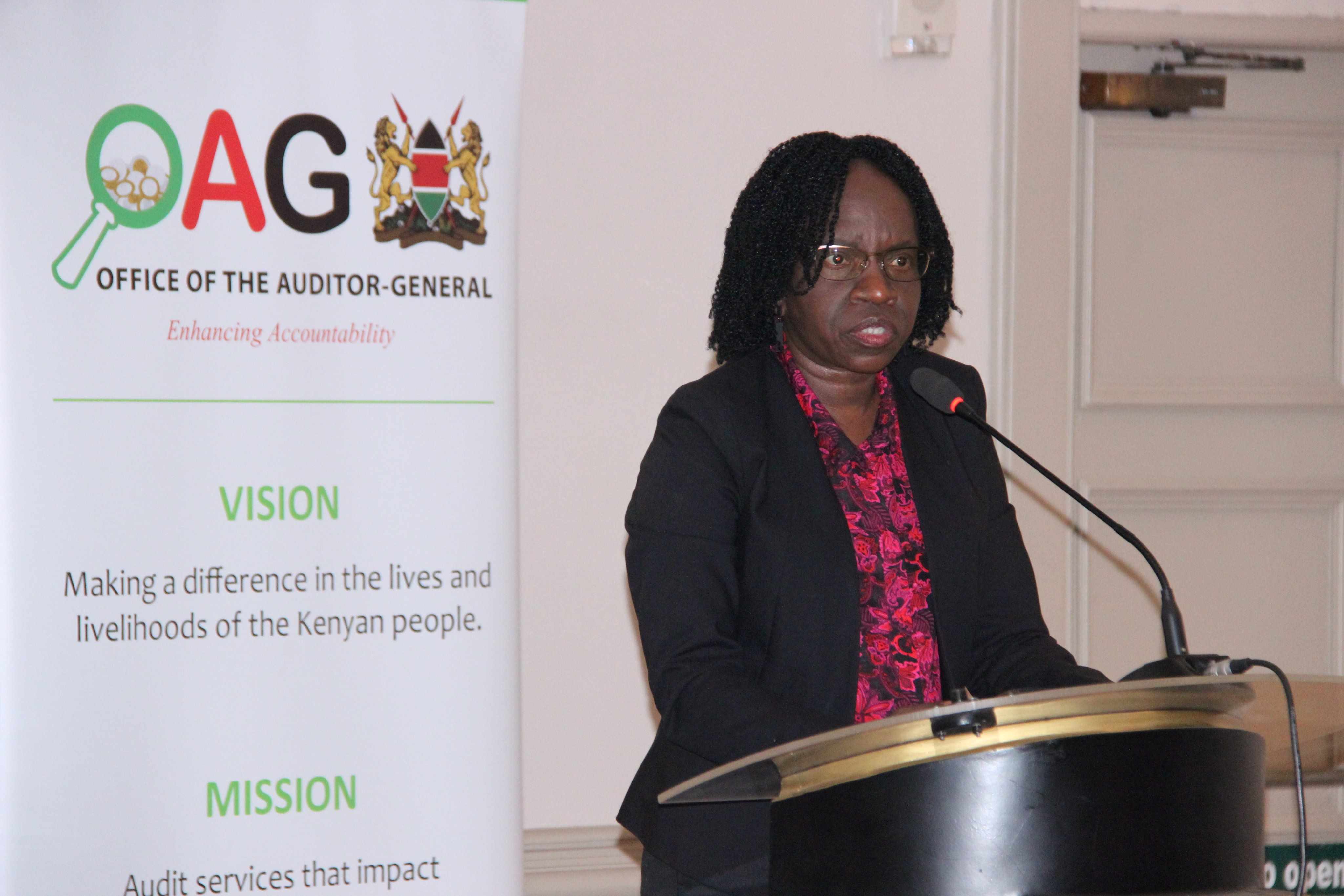 Auditor General Nancy Gathungu. (Photo: OAG)
Auditor General Nancy Gathungu. (Photo: OAG)
"In the circumstances, management did not fully comply with the Public Procurement and Asset Disposal Act, 2015 and the attendant regulations," Gathungu added.
These findings come amid ongoing scrutiny from Members of Parliament (MPs), who are questioning whether the tender was awarded lawfully.
When confronted by MPs, CBK Governor Kamau Thugge defended the tender's approval, stating it was sanctioned by the National Security Council and the Cabinet.
He insisted that the Cabinet memorandum, which authorised the tender, was signed by the National Treasury and received the Attorney General's approval.
Thugge explained that the need for this tender arose from a shortage of banknotes following the expiration of a contract with De La Rue in January 2023.
He justified the classified nature of the contract by noting that this approach is common practice in many countries.
However, MPs are seeking clarification on why the tender was not publicly advertised.
Top Stories Today






